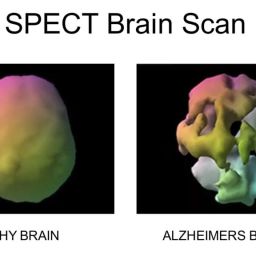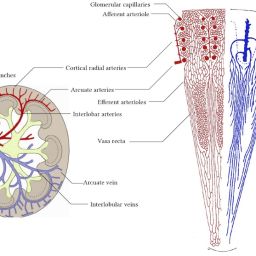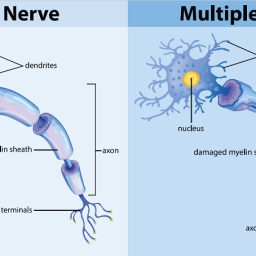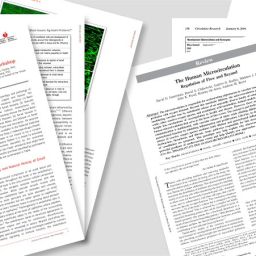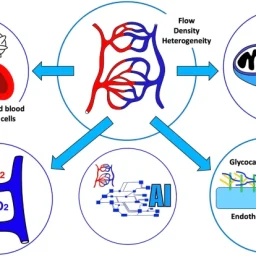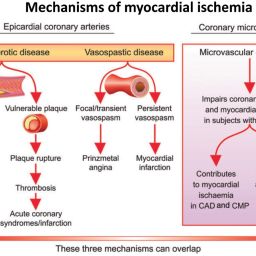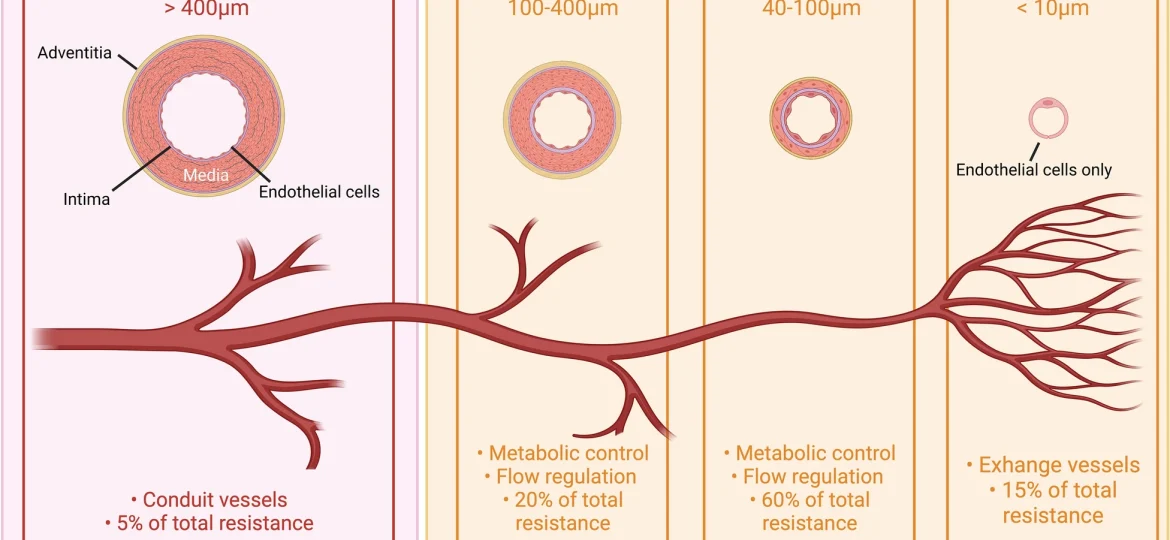
Microcirculatory Dysfunction in Cardiogenic Shock
By: Hamid Merdji, Bruno Levy, Christian Jung, Can Ince, Martin Siegemund & Ferhat Meziani
Published in Annals of Intensive Care, Volume 13, Article 38 (2023)
This study explores the role of systemic microcirculatory dysfunction in cardiogenic shock (CS), a condition marked by inadequate tissue perfusion due to reduced cardiac output. Traditionally, CS has been defined by macrocirculatory parameters like blood pressure and cardiac output. However, evidence shows that microcirculatory abnormalities strongly influence mortality, even when these macrocirculatory targets are normalized.
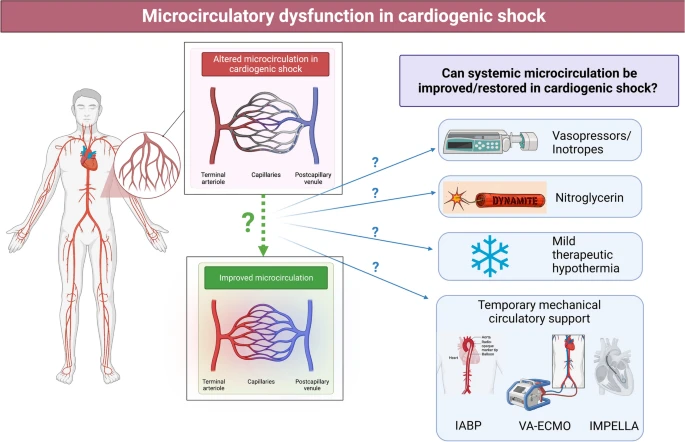
The study introduces the concept of loss of hemodynamic coherence — when systemic circulation appears restored but microcirculation remains impaired. This highlights the crucial role of microvascular perfusion in recovery and patient outcomes.
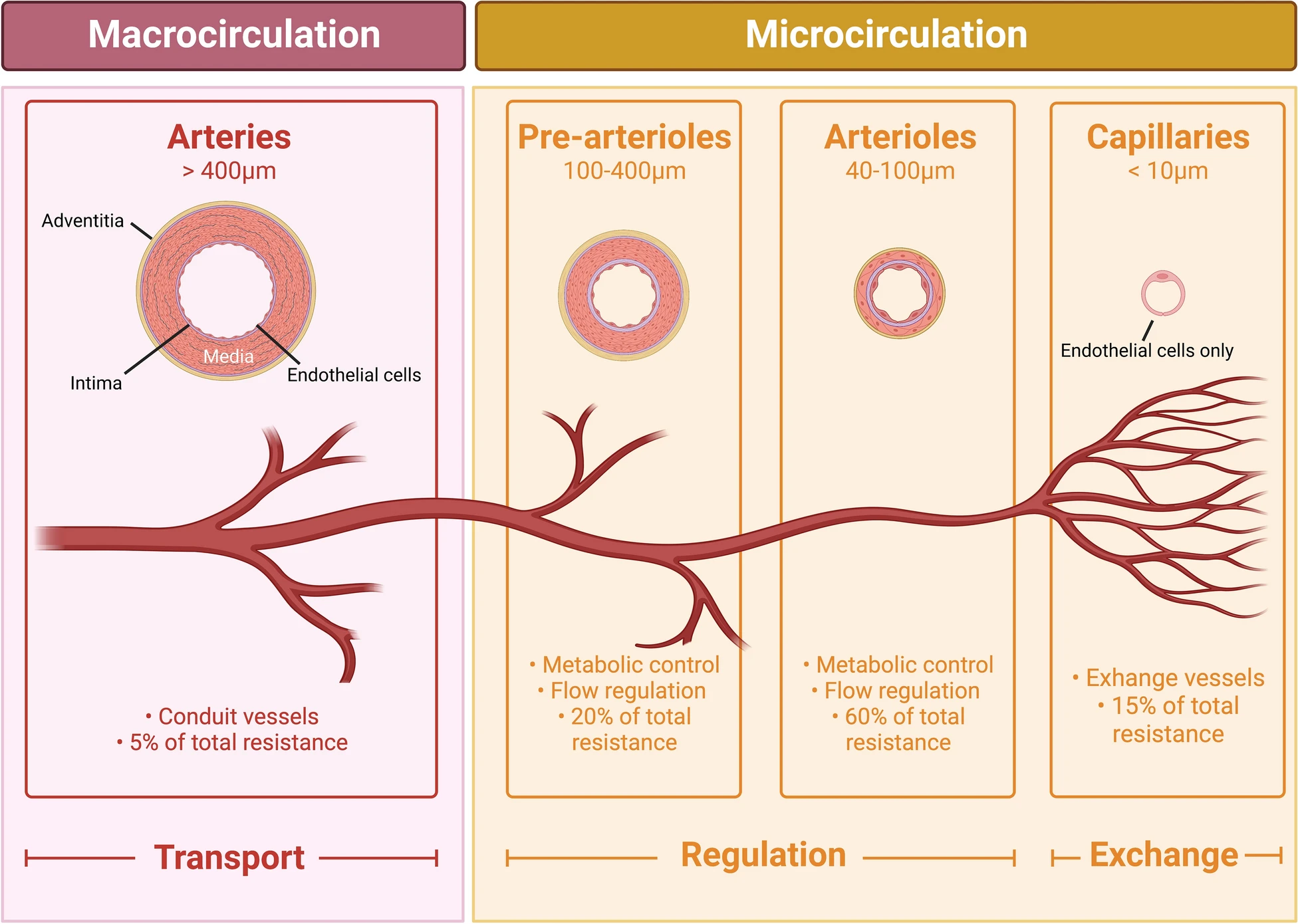
While therapies targeting microcirculation are still under study, recognizing its role in CS could change treatment strategies and improve survival. The study also reviews epidemiological data showing rising incidence and high mortality of CS compared to acute heart failure.
Conclusion: Microcirculatory dysfunction plays a pivotal role in cardiogenic shock. Addressing it may be key to reducing mortality and guiding new treatment approaches.
Read the full study:
https://annalsofintensivecare.springeropen.com/articles/10.1186/s13613-023-01130-z
